35 Best Alcohol and Drug Rehabs in Detroit, MI 2025
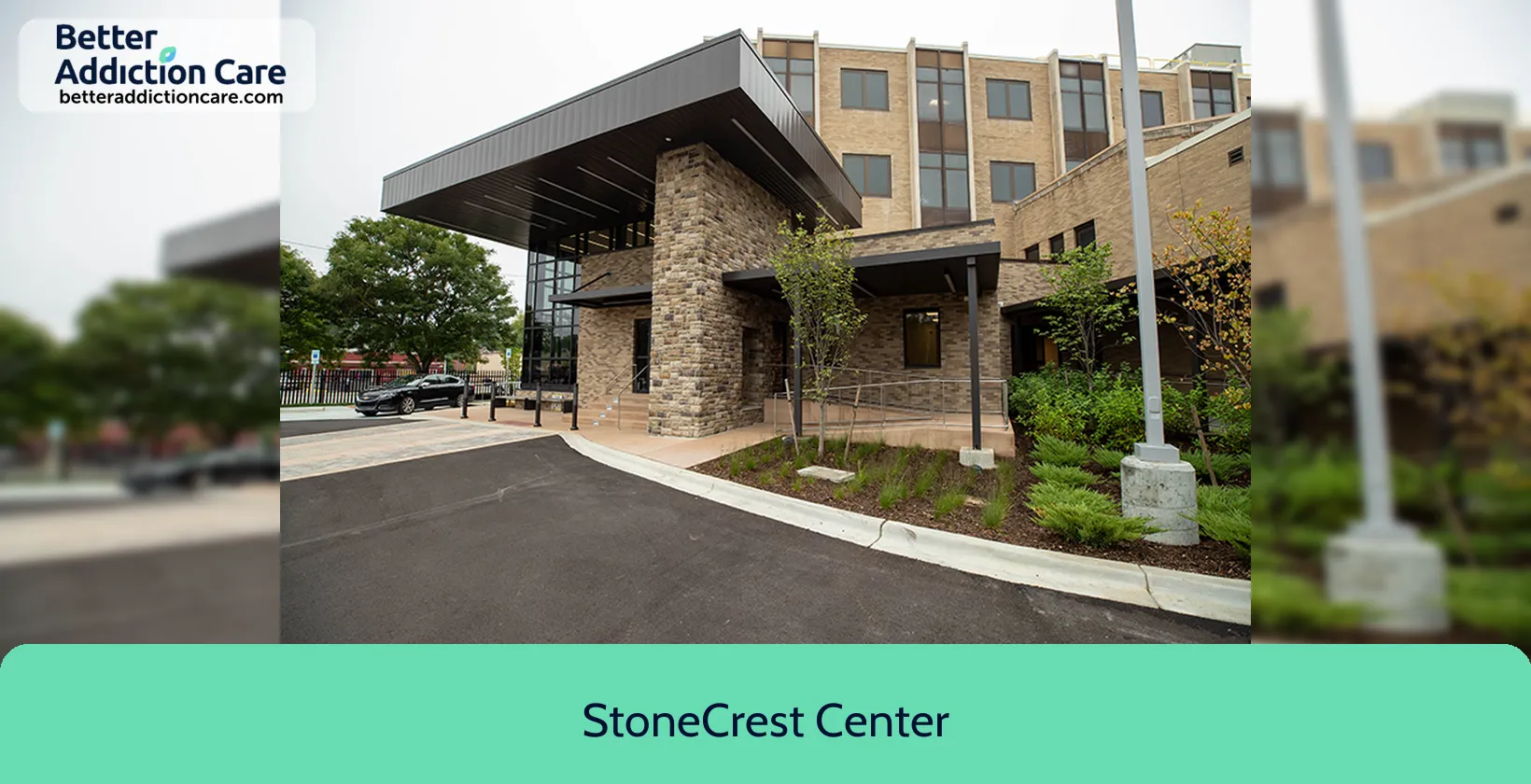
7.04
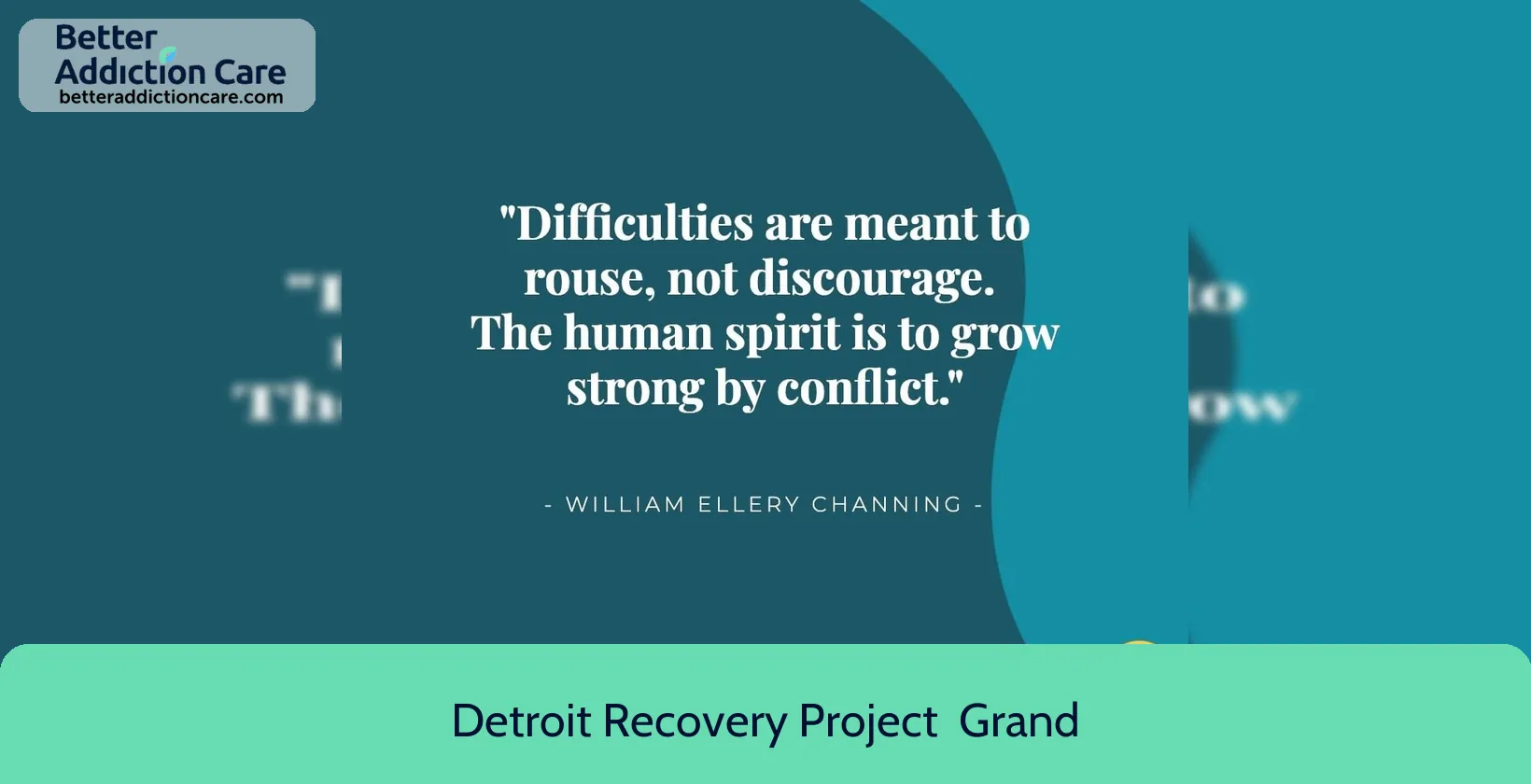
6.82
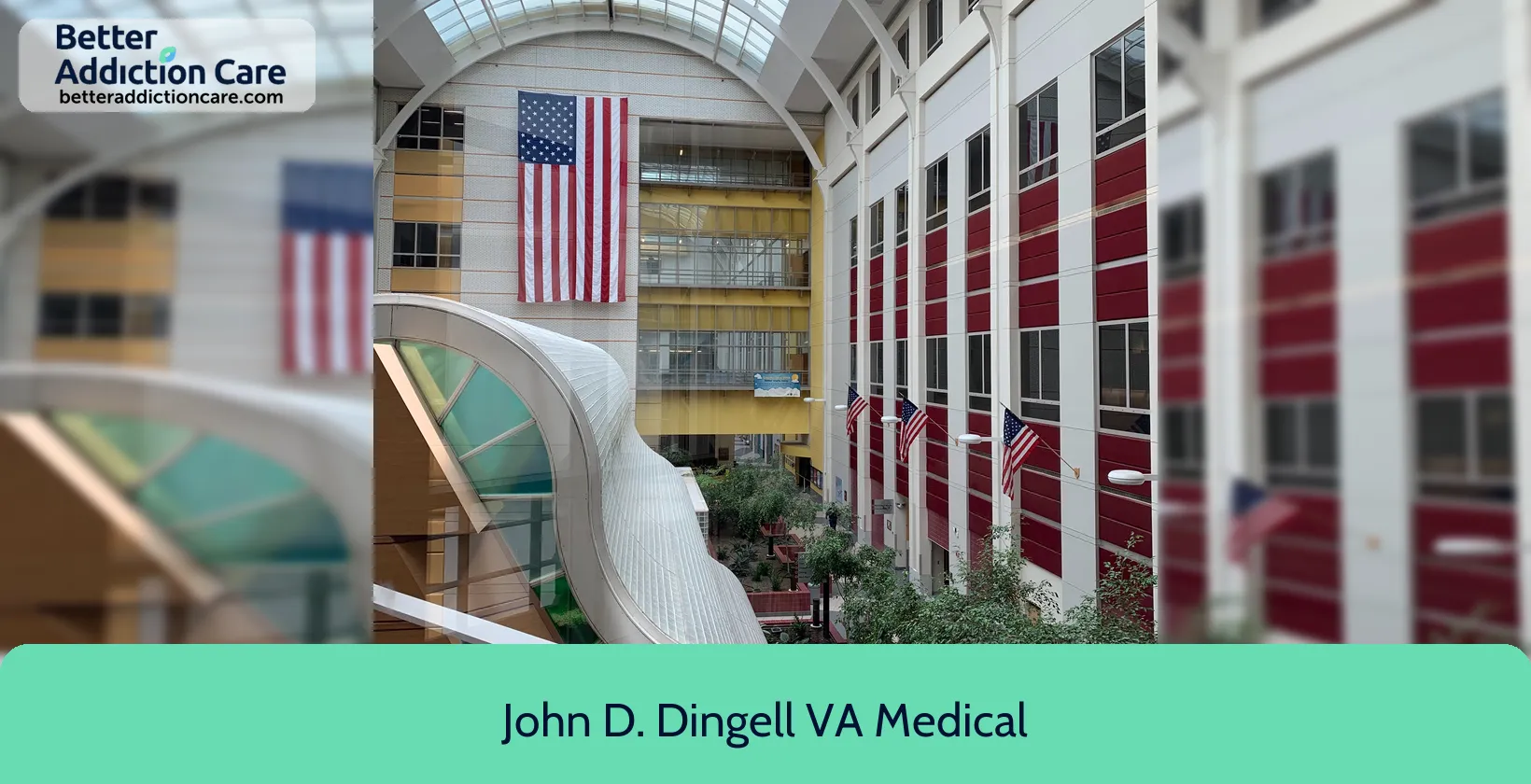
7.87
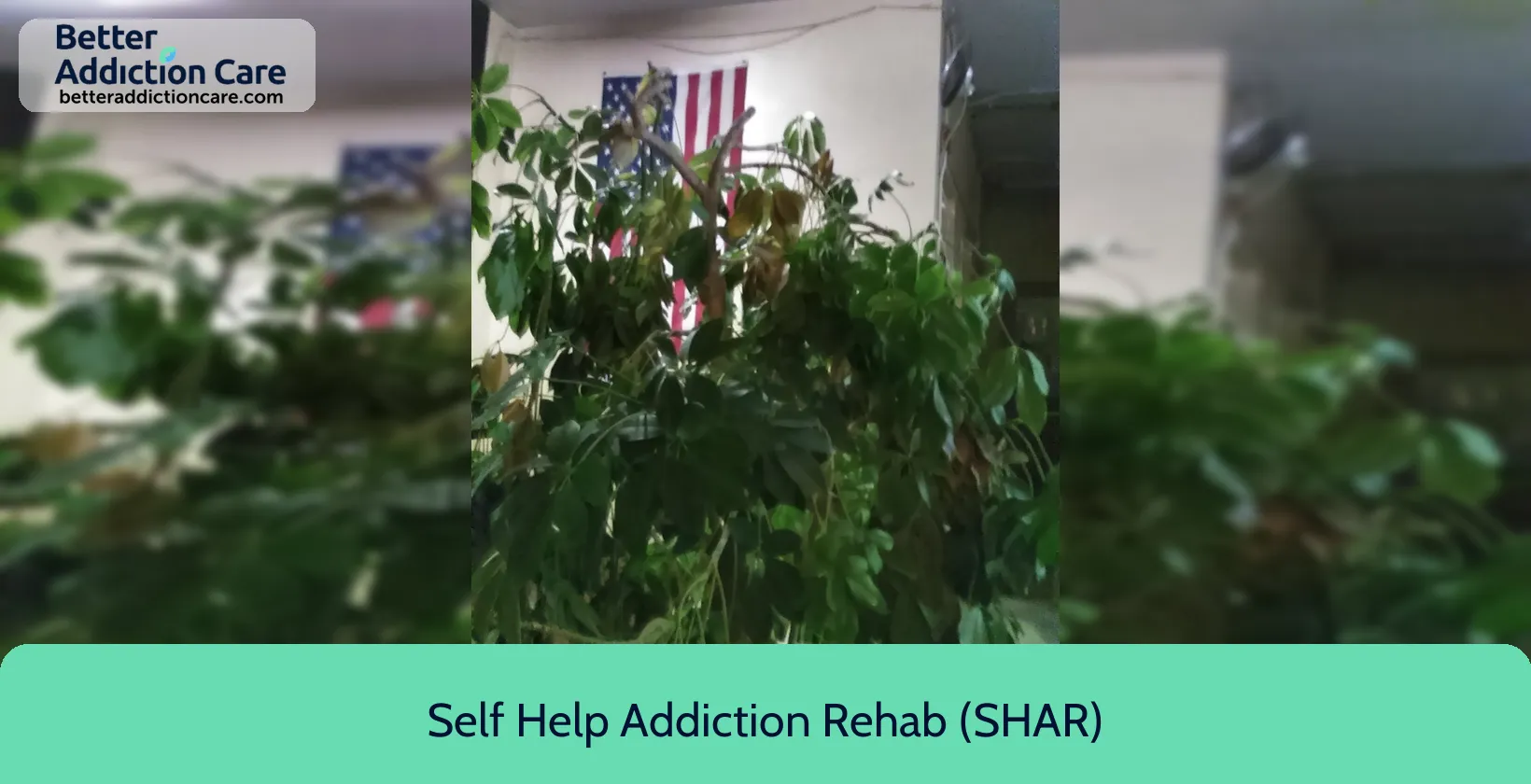
7.22
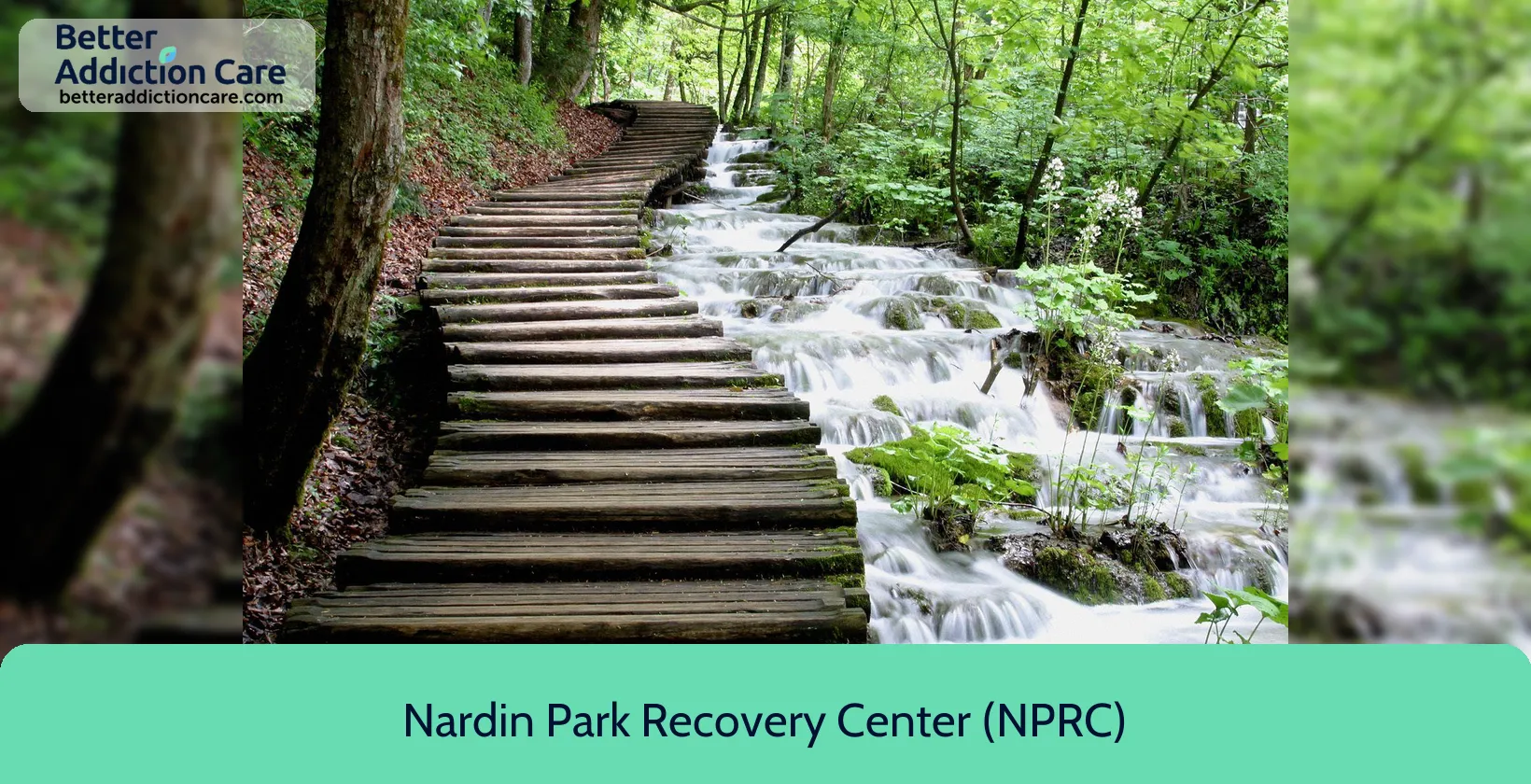
7.26
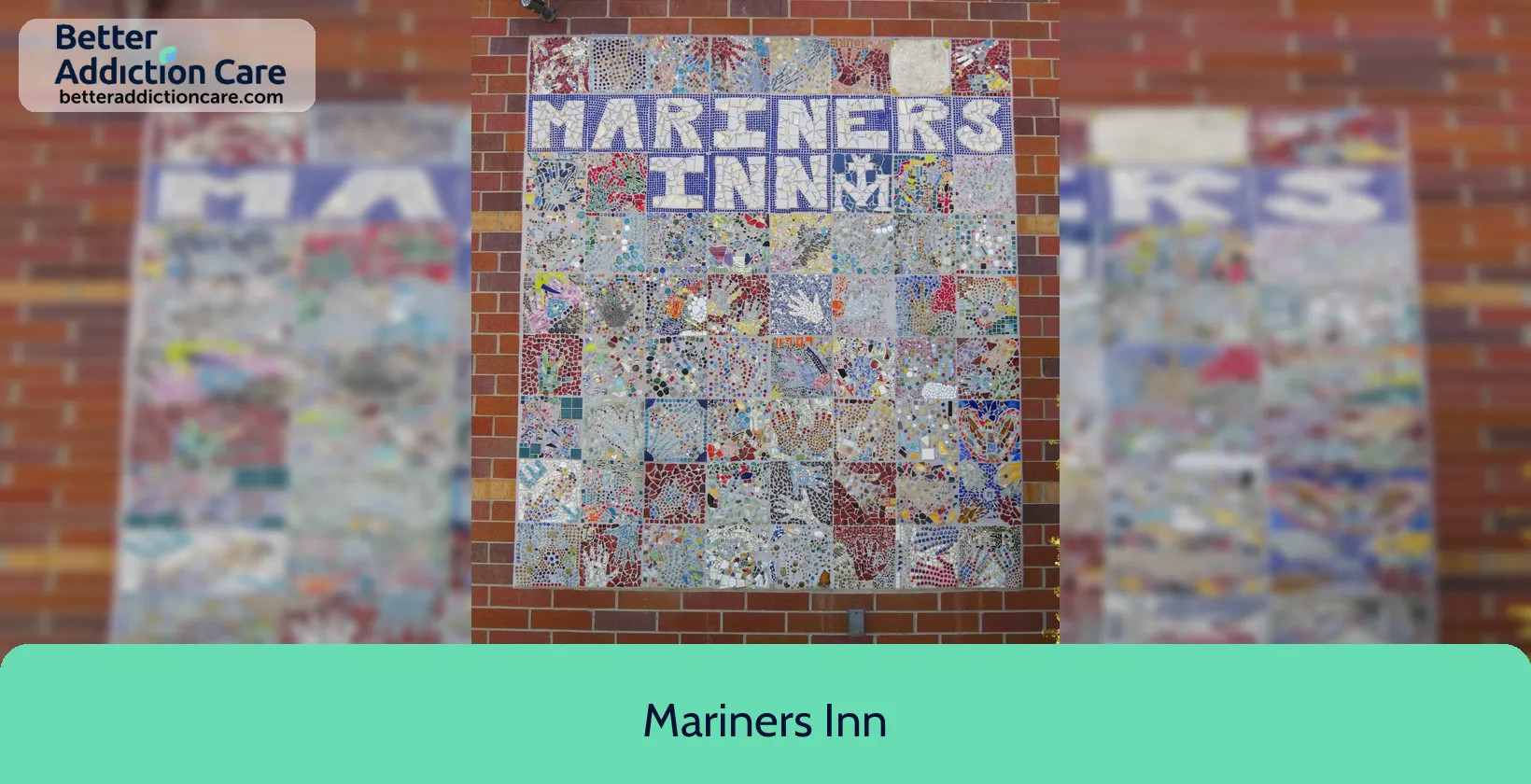
7.41

7.43
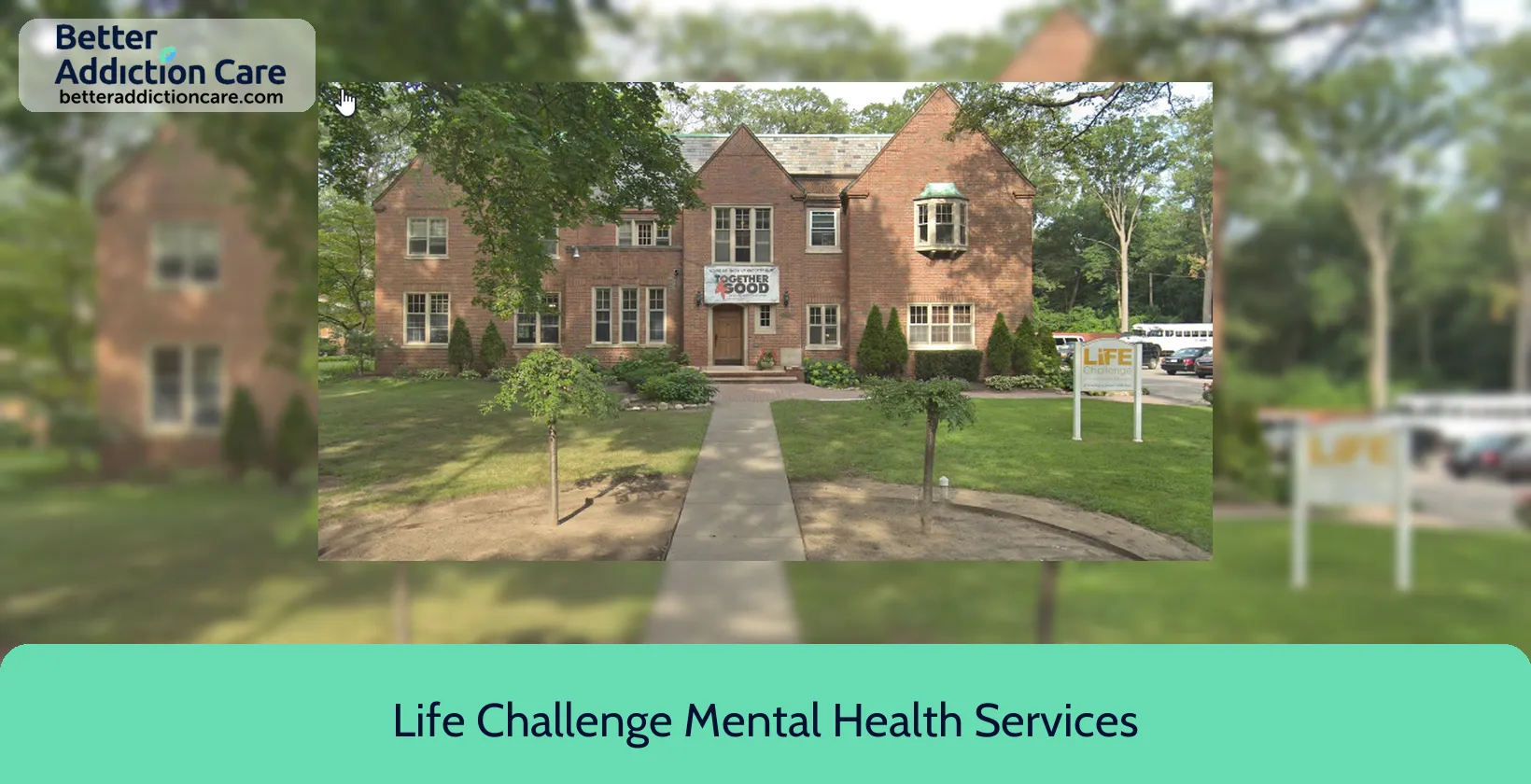
7.02
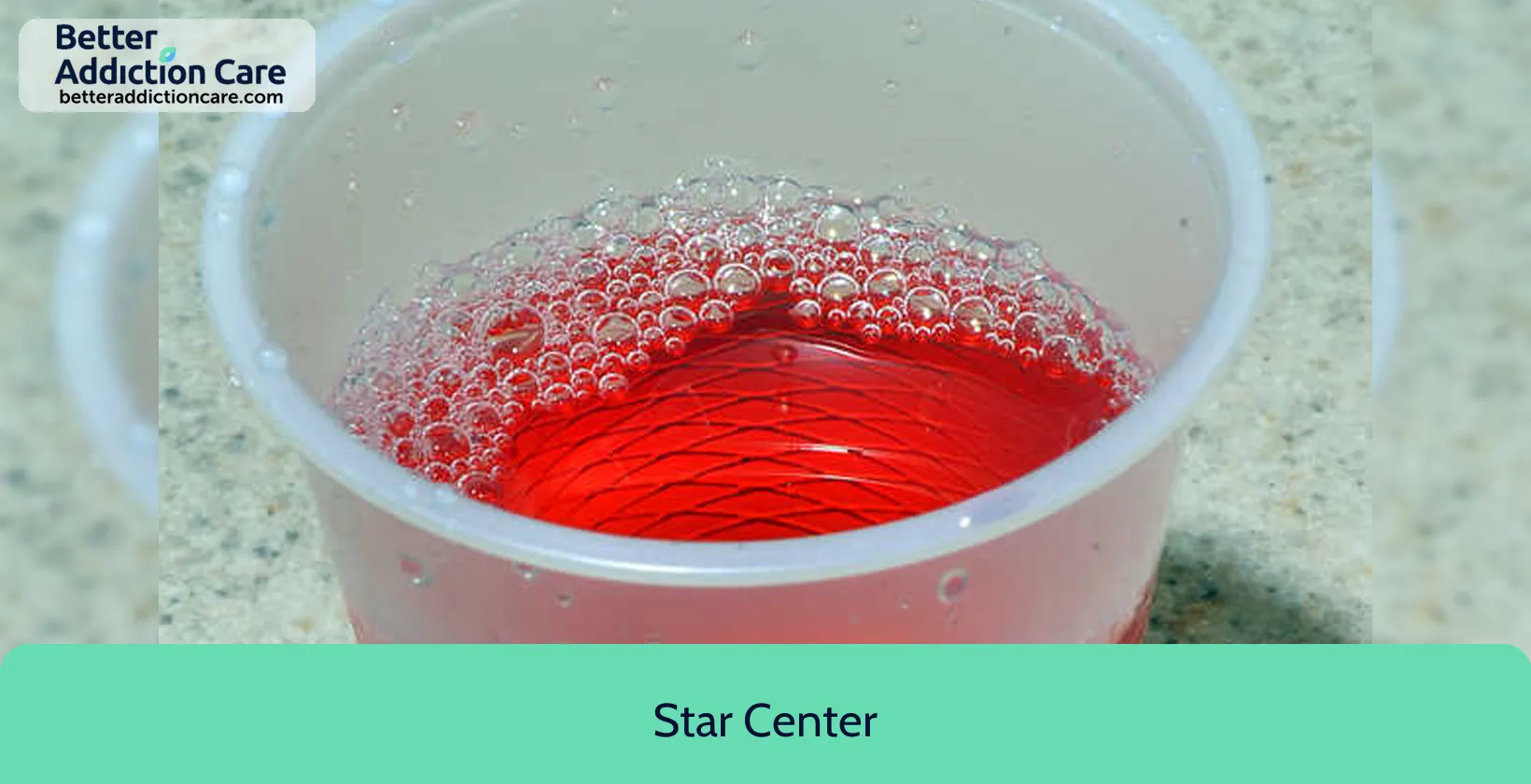
6.84
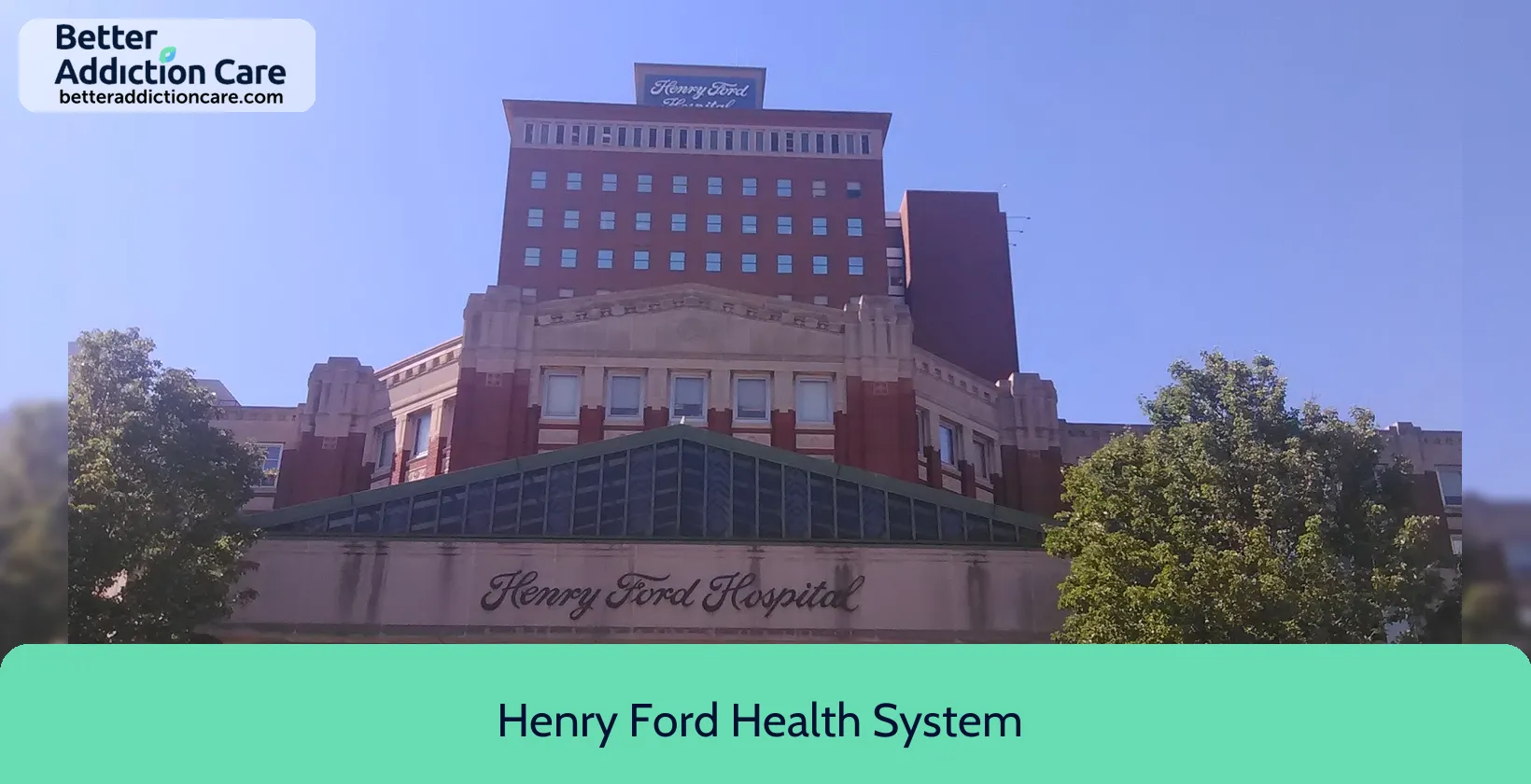
7.17

6.96
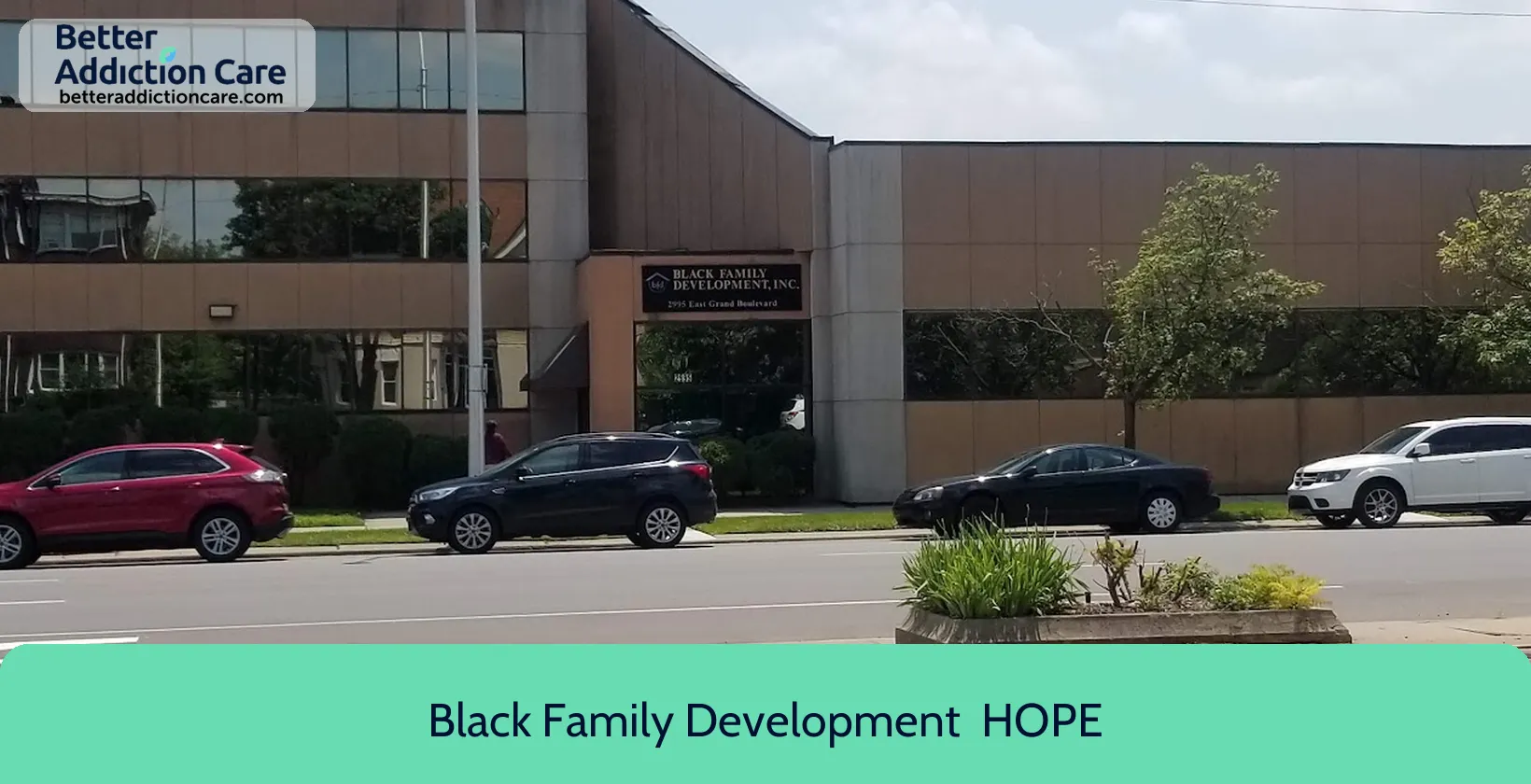
6.86

6.71
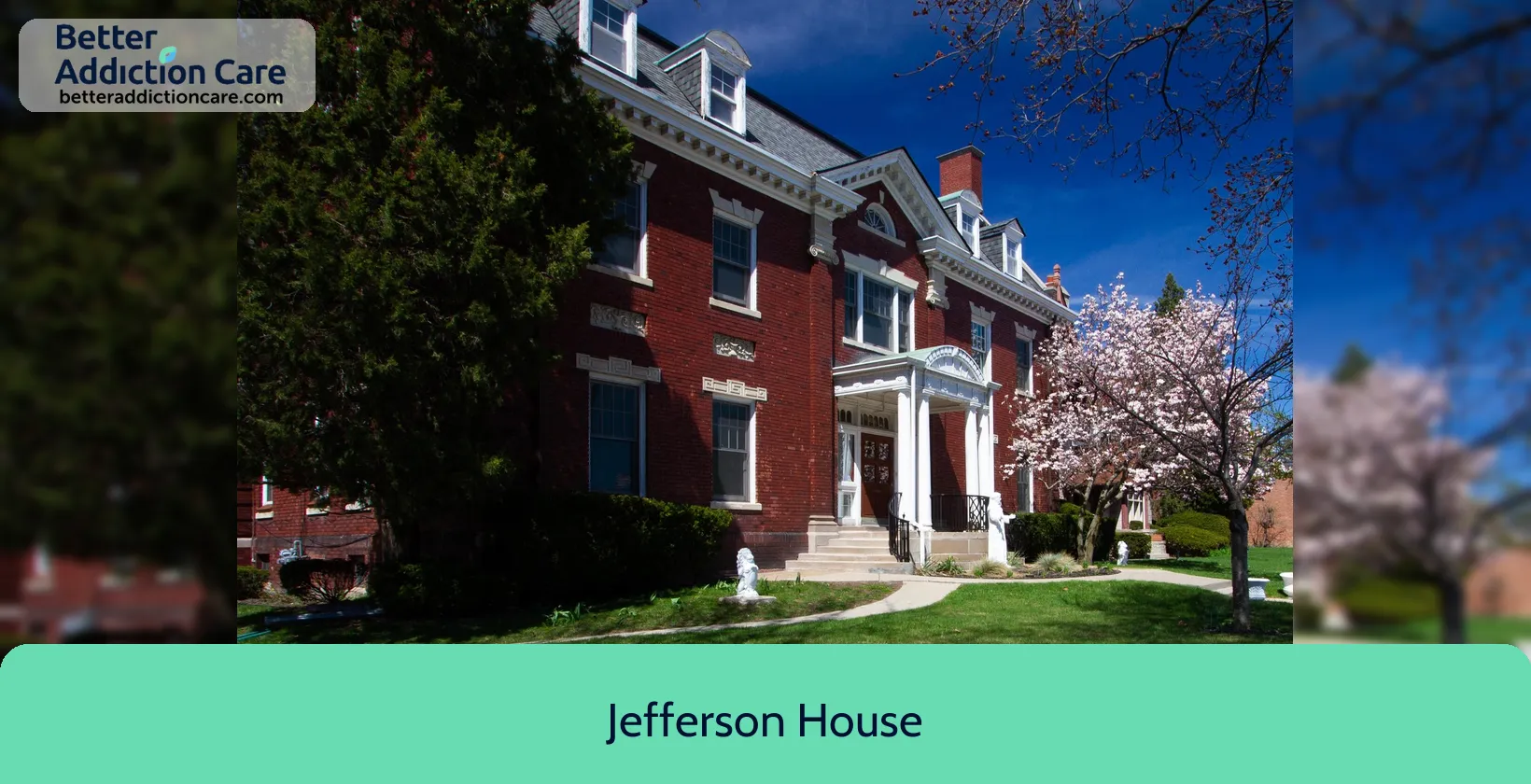
6.80

7.00

7.05

6.92

7.16

7.44

6.99

6.71

6.71

7.16

7.13

7.13

6.65

7.17

7.82

7.28

7.35

6.65

6.92

6.94

7.14

6.50
Local Rehabs in Michigan
Common Questions About Rehab in Detroit
Take a look at our FAQ. We've tried to fill it with all the answers you're looking for. And if not, contact us on (888) 349-0436.


